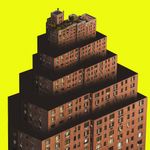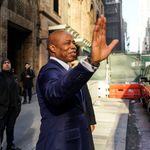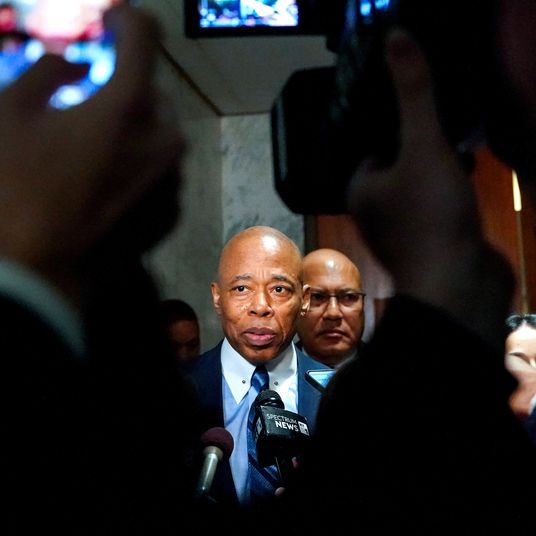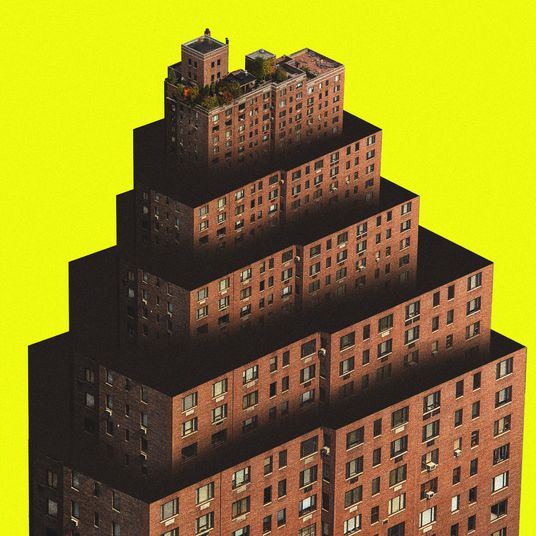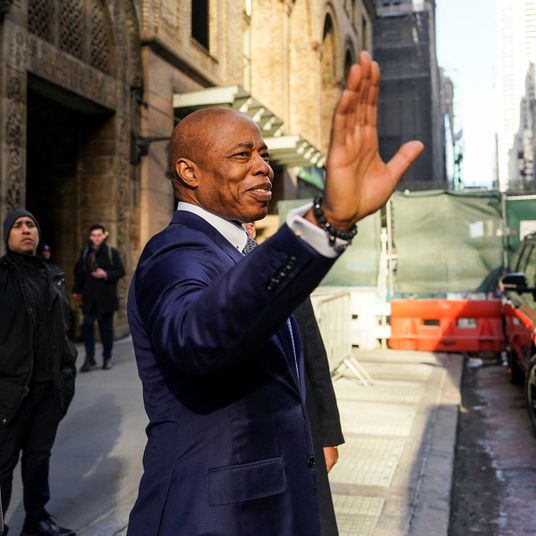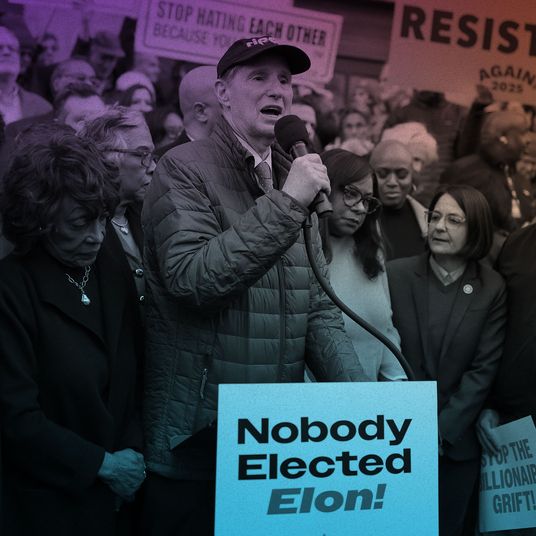The Bloomberg administration is known for its big ideas — especially when it comes to our verdant public parks. But for some reason, the big ideas never trickle down to one particular set of green rectangles: the city’s public tennis courts. Since Bloomberg-appointed park commissioner Adrian Benepe back in 2002, the parks have offered an endless number of splashy programming. The city is hosting a haiku contest this month, for instance, about a public farm the city helped spearhead in Battery Park City with eighty plots. Organic plots, of course.
But when it comes to the staples of park life, like tennis, the good-ideas people seem to be on another video conference call. Earlier this month, the Parks Department announced they were not only increasing the price for annual tennis permits, they were doubling it, from $100 to $200. Liam Kavanaugh, who serves as Benepe’s first deputy commissioner at Parks, says the agency was struggling to come up with ways to increase revenues to make up for budget cuts. They reasoned that doubling the price of permits would put them at a rate that was “still a good deal” for players.
Sort of. The truth is that for tennis junkies who will do anything to play (confession: I’m one of them), a season pass for $200 is fair. We are the players who play in the winter with gloves and long johns and can be found on the court many days of the week. But for novice or aspiring players, the $200 pass is a major turnoff, especially considering the byzantine way the Parks Department runs the courts.
When crunching the numbers, Kavanaugh says doubling the price might discourage some to purchase annual tennis permits, but over time it will average out and parks will able to recoup double the revenues. While this may be right, what’s troubling is how little the Park’s Department actually takes in each year. According to city figures, parks made $1.8 million selling tennis passes and permits. This figure has held steady in recent years. It stems from the roughly 4,000 annual permits sold citywide each year, and 40,000 single-play permits.
In short, the city will be selling permits and passes to the same people — not expanding it’s tennis-playing audience. The goal should be to get more players on the city courts to increase revenues, not keep them off by doubling the fees.


